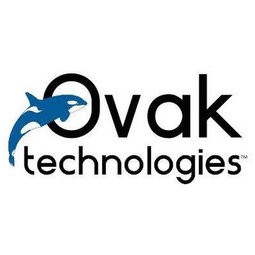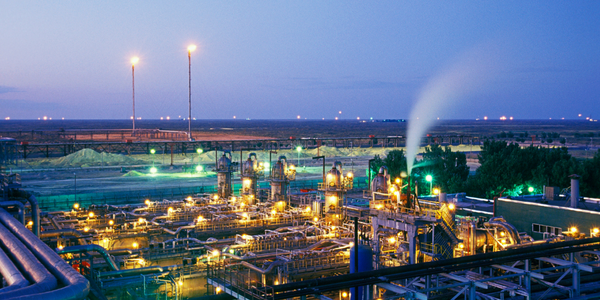Cluster Pumping Station Automation of Oil and Gas Reservoir Pressure Maintenance

- Analytics & Modeling - Real Time Analytics
- Infrastructure as a Service (IaaS)
- Oil & Gas
- Process Manufacturing
- Machine Condition Monitoring
To develop a reservoir pressure maintenance automation system to remotely control, monitor, and protect devices in pumping station.
Combining the benefits of the NI CompactRIO FPGA and processor with various I/O modules to create a rugged monitoring system that records multiple data formats at varying rates, synchronizes data, communicates to at least six types of third-party systems with 96 or more devices per system, and performs real-time analysis to remotely monitor 10 types of sensors (at least 42 sensors per system) for extended durations. The user-friendly application was developed using NI LabVIEW system design software and it helps configure each automation system for the appropriate devices and sensors for the specific station before installation
Related Case Studies.











